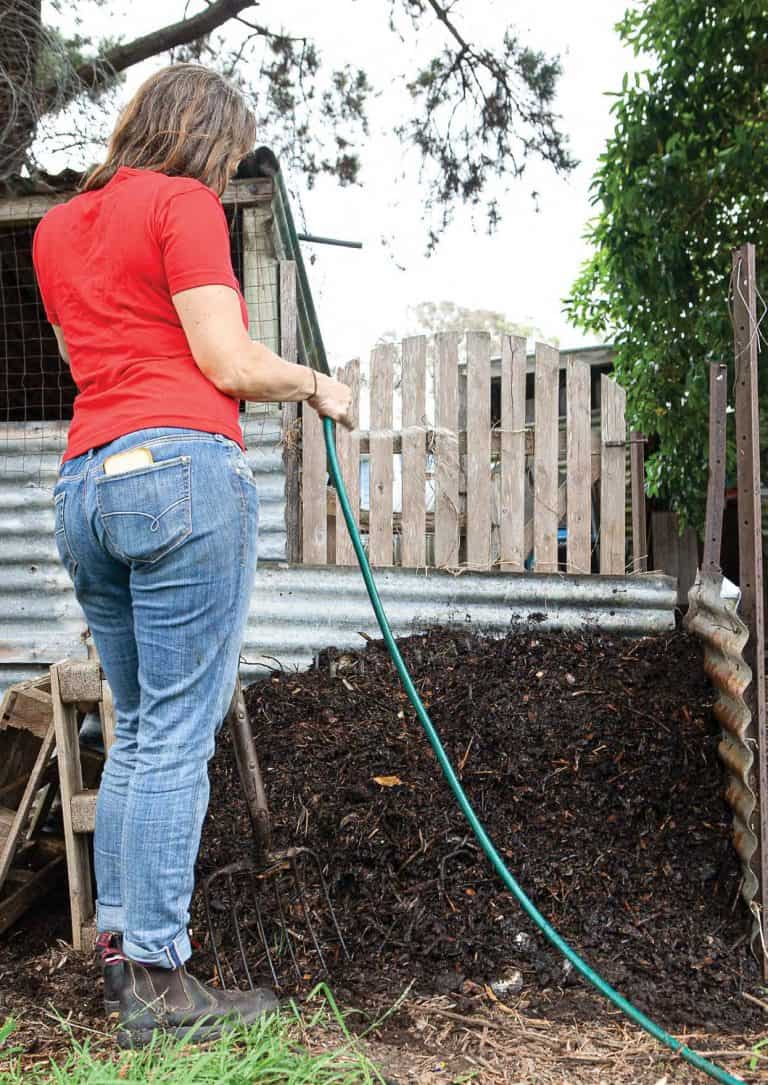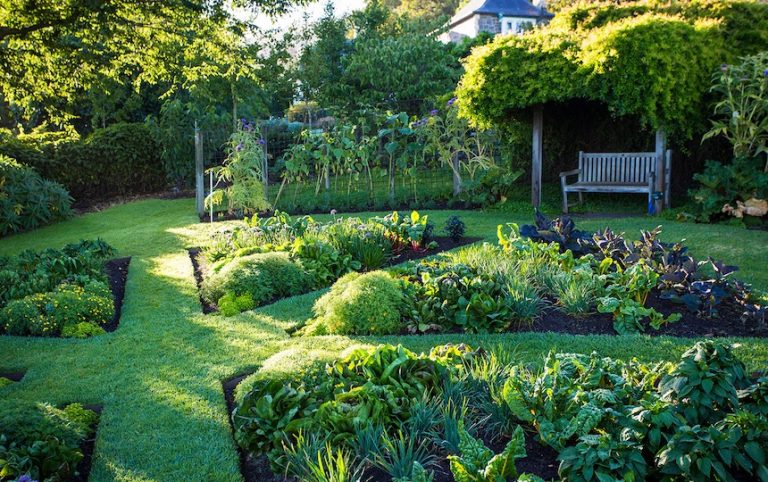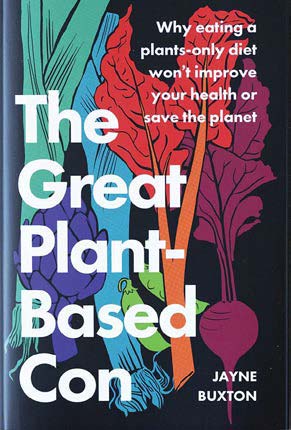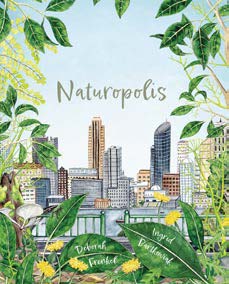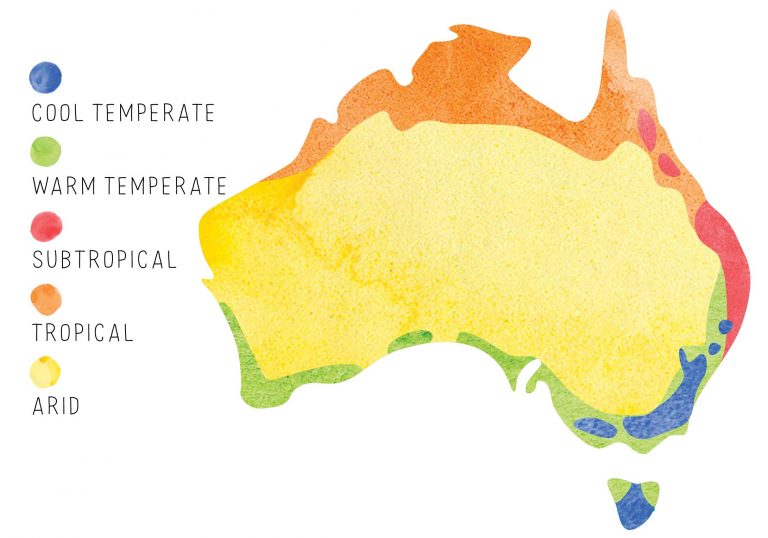PASSATA DAY – The long-held Italian tradition of preserving the flavour of summer.
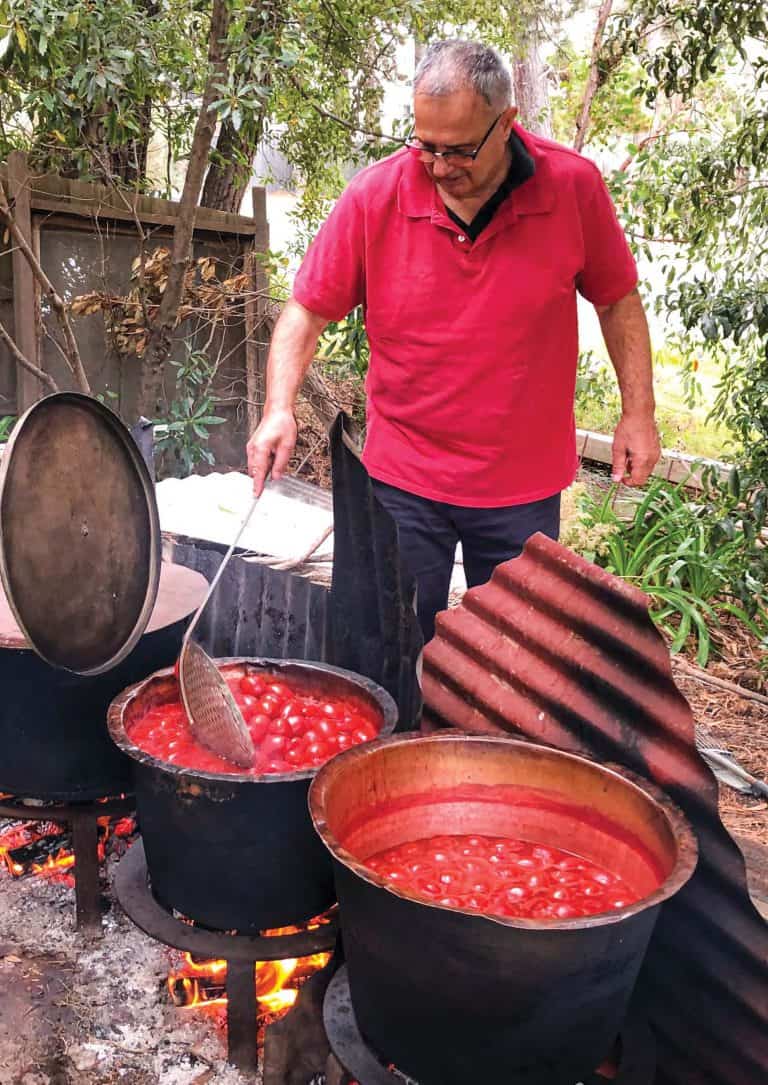
As people look to have more control of food production, a long-held custom for Italian families in Australia has become more mainstream. ‘Tomato day’, ‘sauce day’ or ‘passata day’ – whatever you’d like to call it – is a day for reconnecting with all generations for the annual passata-making tradition.
To the uninitiated who have Italian neighbours, the gatherings of young and old in backyards for a day in February or March could seem quite mysterious. There are cauldrons, smoke, old men barking instructions, younger men lugging around crates and bowls filled with blood-red juices, women getting on with work and the scent of freshly picked basil. If the neighbours poked their heads over the fence, they would see rows and rows of clean bottles being filled and lids fastened, all ready for the final step. Fires are stoked and watched carefully before much laughter, food and exhausted merriment signals the main work is finished.
This custom of making enough bottles of passata to last until the following year has endured in Australia, even with the passing of the original postwar migrants. When they first came to Australia, these preserving traditions were done through necessity.
Each season had its own rhythm for these Italians: summer meant the warm-season vegetables would be pickled; late summer meant sauce making; autumn was wine, mushrooms and green olives; winter was black olives and salami-curing time, while spring was the time to plant all the vegetables that would provide the ingredients for the preserves ahead.

